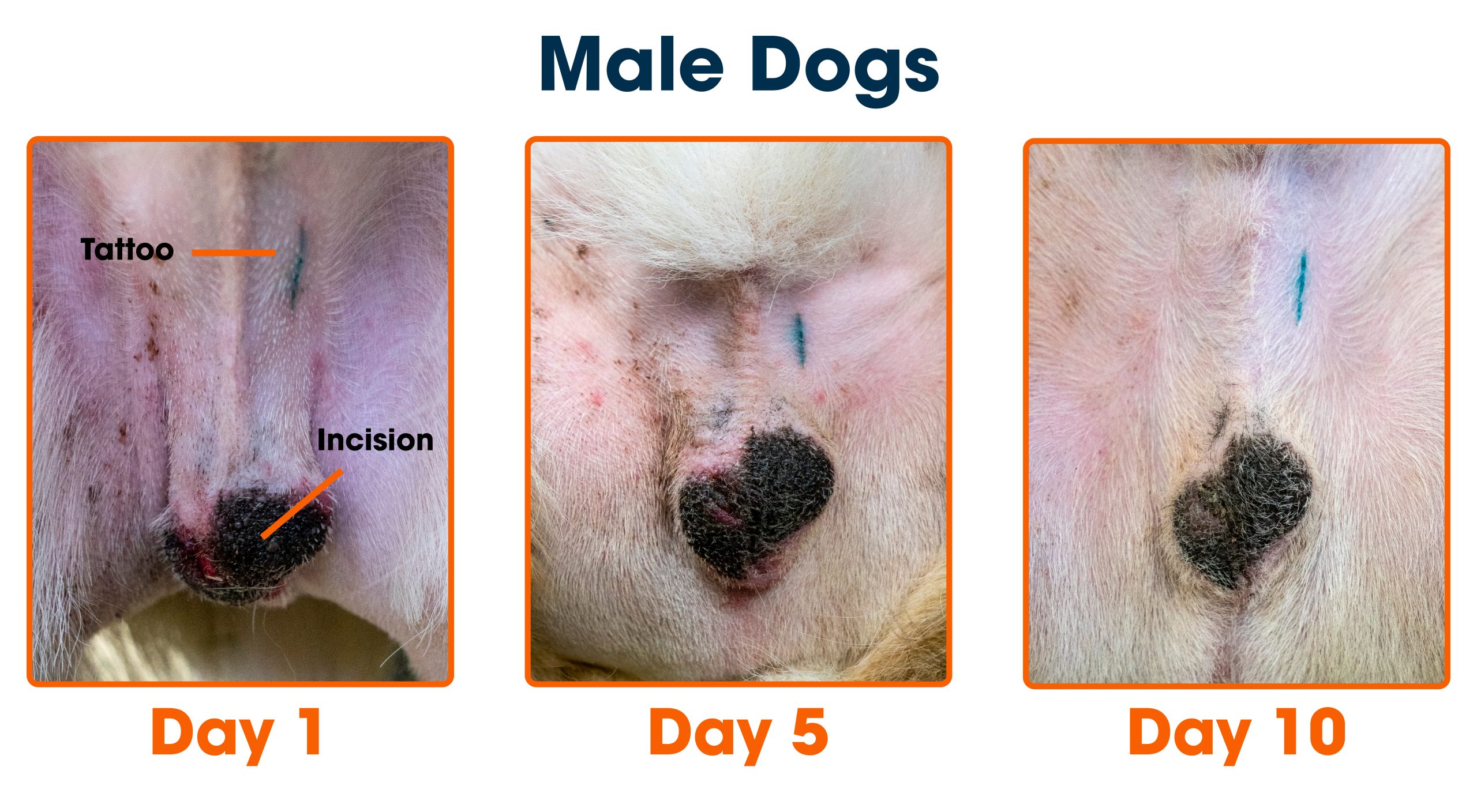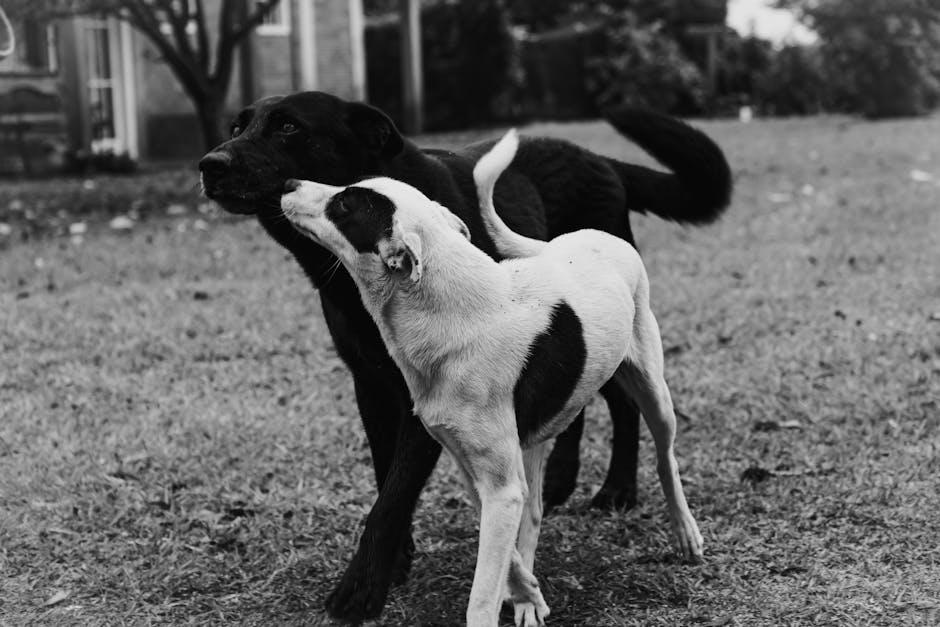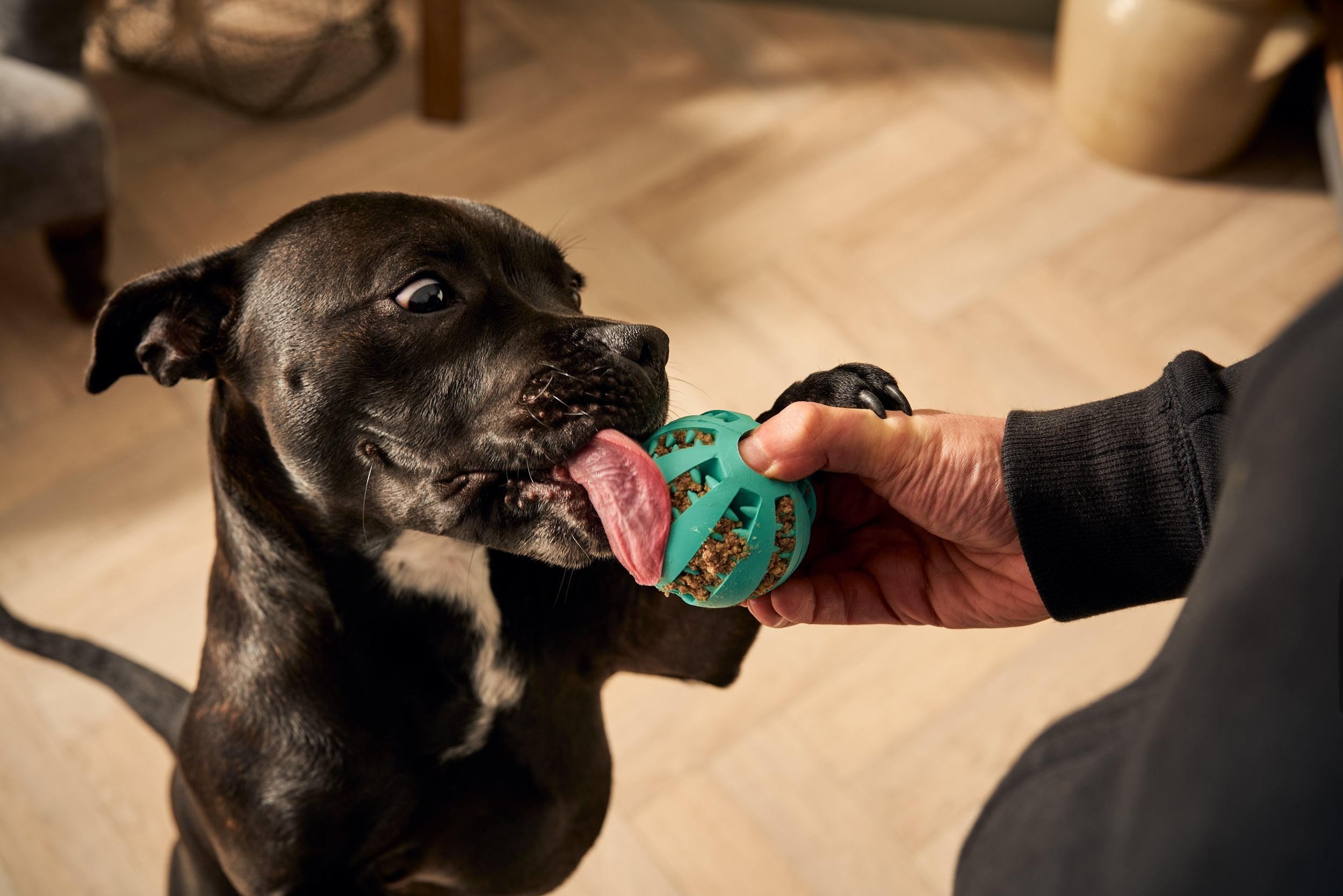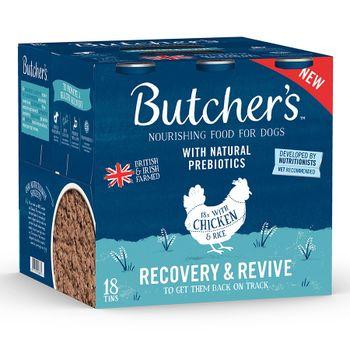If your dog has been through surgery, illness, or a tough workout, you might wonder what the best food is to help them bounce back quickly. Recovery food for dogs is specially designed to support healing, boost energy, and strengthen their immune system.
Choosing the right recovery food can make a huge difference in how fast your furry friend feels like themselves again. Keep reading to discover exactly what recovery food is, why it matters, and how you can pick the best option to give your dog the care they deserve.
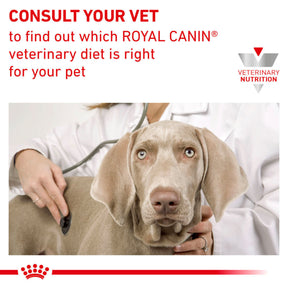
Credit: www.shop.thepethealthclub.co.uk
Healing Nutrition For Dogs
Healing nutrition plays a crucial role in your dog’s recovery process. Providing the right food can speed up healing, reduce inflammation, and support the immune system. Understanding what your dog needs during this time helps you make better food choices that truly aid recovery.
Nutritional Needs During Recovery
During recovery, your dog’s body demands more nutrients to repair tissues and fight infections. Protein becomes especially important as it helps rebuild muscles and other damaged cells. Vitamins like A, C, and E support immune function, while minerals such as zinc and iron aid in tissue repair and oxygen transport.
Hydration is also critical—water helps flush out toxins and keeps cells functioning properly. You might notice your dog’s appetite changes, but maintaining a balanced intake ensures they get what they need. What foods have you found your dog prefers when recovering?
Balancing Macronutrients
Striking the right balance between protein, fats, and carbohydrates is key. Protein supports healing, fats provide energy and reduce inflammation, and carbs supply quick fuel for your dog’s body. Too much fat, however, can slow digestion, so moderation is important.
Think about including lean meats, healthy oils like fish oil, and easily digestible grains or vegetables in your dog’s meals. Avoid fillers and overly processed ingredients that offer little nutritional value. Have you tried adjusting your dog’s macronutrient ratio during recovery, and noticed a difference?

Credit: caninecareindia.com
Protein Sources For Recovery
Protein plays a key role in a dog’s recovery after illness or surgery. It helps rebuild muscles and repair tissues. Choosing the right protein sources supports faster healing and better health. Recovery food for dogs often focuses on high-quality proteins that are easy to digest and rich in essential amino acids. Understanding different protein types can guide you to the best diet for your pet’s recovery.
Benefits Of High-quality Proteins
High-quality proteins provide all essential amino acids dogs need. These proteins help repair damaged cells quickly. They boost the immune system and improve energy levels. Dogs absorb these proteins better, making recovery smoother. Such proteins reduce inflammation and support muscle growth. They also help maintain healthy skin and coat during healing.
Animal Vs Plant-based Proteins
Animal proteins come from meat, fish, and eggs. They contain complete amino acids in the right amounts. These proteins are often easier for dogs to digest and use. Plant-based proteins come from beans, lentils, and grains. They may lack some essential amino acids dogs need. Combining different plant proteins can improve their quality. Animal proteins remain the preferred choice for recovery diets due to their complete nature and digestibility.
Vitamins And Minerals
Vitamins and minerals play a crucial role in your dog’s recovery food. They support healing, boost the immune system, and help rebuild strength after illness or surgery. Understanding which nutrients matter most can help you choose or prepare the best recovery diet for your furry friend.
Essential Vitamins For Healing
Vitamin A is key for tissue repair and maintaining healthy skin. It helps wounds heal faster and prevents infections. Vitamin C acts as an antioxidant, reducing inflammation and supporting the immune system during recovery.
Vitamin E protects cells from damage and aids in muscle repair. B vitamins, especially B12 and B6, help boost energy and support nerve function, which is vital when your dog is regaining strength. Have you noticed how some dogs bounce back faster with the right vitamin balance?
Role Of Minerals In Recovery
Minerals like zinc and iron are essential for your dog’s healing process. Zinc supports skin repair and immune function, while iron helps transport oxygen in the blood, fueling tissue recovery.
Calcium and phosphorus work together to rebuild bones and teeth, which is especially important after fractures or surgery. Magnesium aids muscle function and reduces cramps or spasms during recovery. Ensuring your dog’s recovery food has a balanced mineral profile can make a noticeable difference in their healing speed.
Hydration And Fluid Balance
Hydration and fluid balance play a vital role in a dog’s recovery process. Proper fluids help maintain body temperature, support organ function, and promote healing. After illness or surgery, dogs often lose fluids through vomiting, diarrhea, or lack of appetite. Replenishing these fluids is essential for restoring strength and energy.
Recovery food for dogs often focuses on providing both nutrients and fluids. This dual approach helps keep dogs hydrated while delivering the vitamins and minerals needed for repair. Water alone is important, but recovery diets sometimes include broths or wet foods to increase fluid intake.
Importance Of Adequate Hydration
Water is critical for every cell in a dog’s body. It helps transport nutrients and oxygen to tissues and removes waste products. Without enough water, organs cannot function properly.
During recovery, hydration supports immune response and speeds up healing. It also prevents complications like kidney problems or constipation. Dogs that drink enough water tend to feel better faster and regain appetite sooner.
Signs Of Dehydration
Dehydration can be dangerous and needs quick attention. Watch for these common signs:
- Dry or sticky gums
- Sunken eyes
- Loss of skin elasticity
- Weakness or lethargy
- Increased heart rate
- Reduced urine output
If you notice these symptoms, encourage your dog to drink fluids or consult a veterinarian. Early action can prevent serious health issues and support better recovery outcomes.
Specialized Recovery Diets
Specialized recovery diets play a crucial role in helping your dog bounce back after illness, surgery, or injury. These diets are carefully designed to meet the unique nutritional needs that support healing and restore strength. Choosing the right recovery food can make a big difference in how quickly and comfortably your dog recovers.
Commercial Recovery Foods
Commercial recovery foods are formulated by veterinary nutritionists to provide balanced nutrition with extra protein, vitamins, and minerals. They often contain easily digestible ingredients to reduce stress on your dog’s digestive system.
Many brands offer wet and dry options tailored for different recovery stages. For instance, some formulas focus on immune support, while others emphasize muscle repair. Have you noticed how your dog’s energy levels improve after switching to a specialized recovery diet?
These foods save you time and ensure consistent nutrition. Plus, they often come with clear feeding guidelines to help you manage portion sizes during recovery.
Homemade Healing Recipes
Making recovery food at home lets you control every ingredient your dog consumes. You can use lean proteins like chicken or turkey, combined with easily digestible carbs like rice or sweet potatoes.
Adding bone broth can boost hydration and provide extra nutrients that support healing. Vegetables like pumpkin or carrots add fiber and vitamins without upsetting your dog’s stomach.
One time, I prepared a simple homemade recipe after my dog’s surgery. I noticed she ate it eagerly and seemed more comfortable. Could tailoring a recipe to your dog’s preferences help improve their appetite during recovery?
Homemade meals require more effort and careful planning to ensure balanced nutrition. Consulting with your vet before switching to homemade recovery food is always a smart move.
Adjusting Meal Portions
Adjusting meal portions plays a key role in a dog’s recovery. Proper portion sizes help provide enough energy and nutrients without overloading the digestive system. Recovery food must support healing while preventing weight gain or loss. Careful portion control ensures balanced nutrition and steady progress in health.
Determining Appropriate Portions
Start by checking your dog’s weight and activity level. Recovery diets often need smaller, more frequent meals. Use feeding guidelines on the recovery food packaging as a starting point. Adjust portions based on your dog’s appetite and tolerance.
Consider the dog’s medical condition and vet recommendations. Some dogs may need more calories for healing. Others require limited intake to avoid stress on organs. Measure food with a cup or scale for accuracy. Avoid free-feeding during recovery to control intake.
Monitoring Weight And Progress
Track your dog’s weight regularly. Sudden weight loss or gain can signal problems. Keep a simple log with dates and weights. Observe your dog’s energy and stool quality.
Adjust meal portions if weight changes too fast. Consult your vet if progress stalls or worsens. Recovery is a gradual process. Proper portion control supports steady healing and well-being.
Supplements For Enhanced Recovery
Supplements can support a dog’s recovery after illness or surgery. They provide extra nutrients that help heal tissues and reduce inflammation. These supplements often improve energy levels and boost the immune system. Choosing the right supplements helps speed up recovery safely.
Popular Recovery Supplements
- Glucosamine and Chondroitin:Supports joint health and reduces pain.
- Omega-3 Fatty Acids:Reduces inflammation and promotes skin and coat health.
- Probiotics:Aids digestion and restores gut balance after antibiotics.
- Vitamin E and C:Acts as antioxidants to protect cells from damage.
- B-Complex Vitamins:Supports energy production and nervous system function.
Consulting A Veterinarian
Always check with a veterinarian before starting supplements. They help find the right type and dose for your dog. Some supplements can interact with medications or cause side effects. A vet can monitor progress and adjust the treatment plan. Professional advice ensures safe and effective recovery support.

Credit: petproject.hk
Common Mistakes In Recovery Feeding
Feeding a dog after illness or surgery requires care and attention. Many pet owners make common mistakes during this recovery phase. These errors can slow healing or cause new health issues. Understanding what to avoid helps your dog heal faster and feel better.
Avoiding Overfeeding
Overfeeding is a frequent mistake in recovery feeding. Dogs need enough food to regain strength but too much can cause weight gain. Excess food stresses the digestive system and may lead to vomiting or diarrhea. Feeding smaller, balanced meals throughout the day supports steady recovery. Use your vet’s advice to find the right portion size. Watch your dog’s weight and energy levels to adjust feeding amounts.
Recognizing Food Allergies
Food allergies can appear during recovery and worsen your dog’s condition. Signs include itching, redness, vomiting, or diarrhea. Introducing new foods too quickly may trigger allergies. Observe your dog’s reaction to each ingredient. Use simple diets with limited ingredients to spot problems early. Consult your vet to identify safe foods and avoid allergic reactions. Preventing allergies helps your dog heal without extra discomfort.
Frequently Asked Questions
What Is Recovery Food For Dogs?
Recovery food for dogs is specially formulated to aid healing after illness or surgery. It provides easy-to-digest nutrients, supports energy, and boosts the immune system for faster recovery.
When Should I Feed My Dog Recovery Food?
Feed recovery food when your dog is recovering from surgery, illness, or injury. It is ideal during periods of low appetite or digestive sensitivity.
What Ingredients Are In Dog Recovery Food?
Dog recovery food contains high-quality proteins, easily digestible carbohydrates, vitamins, minerals, and antioxidants. These ingredients support tissue repair and strengthen the immune system.
Can Recovery Food Help Dogs With Weak Appetite?
Yes, recovery food is designed to be palatable and nutrient-dense. It encourages eating and provides essential nutrients even when appetite is reduced.
Conclusion
Recovery food helps dogs heal faster and regain strength. It provides essential nutrients for energy and repair. Feeding your dog the right food supports their immune system. Choose meals that are easy to digest and rich in protein. Always follow your vet’s advice for the best results.
Proper nutrition makes a big difference in recovery time. Your dog will feel better and return to normal activities soon. Healthy food helps your dog stay strong and happy. Remember, good care starts with the right recovery food.

